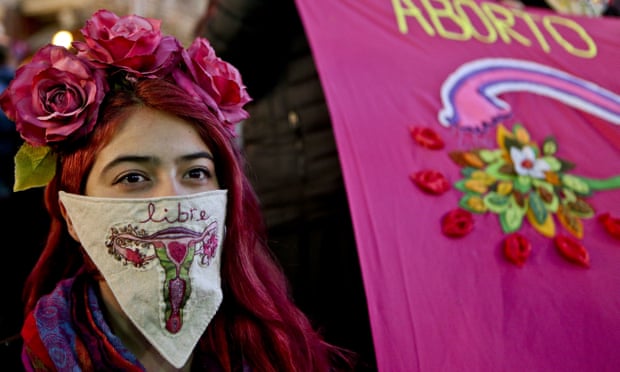By: Max Cohen
Impunity Watch Reporter, South America
SANTIAGO, Chile – In the early days of August 2017, and after two years of debate, lawmakers in Chile overwhelmingly approved a dramatic change in the country’s abortion laws allowing women to terminate a pregnancy under certain conditions. Before becoming law however, the Constitutional Tribunal must approve of the law.

Currently, Chile has an absolute ban on abortion in all circumstances. Abortions were originally allowed for medical reasons in Chile since 1931, but in 1989 during the last years of the Pinochet dictatorship the ban was implemented and has remained law ever since. Anyone who participates in an abortion could serve up to 15 years in prison, although in recent years courts have tended to order therapy rather than incarceration for the women involved. Between 2010 and 2014 there were nearly 500 people charged and 73 convictions for abortion related offenses, 12 of which are men currently serving prison sentences.
The new law would only allow for abortion in certain circumstances such as if the pregnancy endangers the life of the mother, or if the fetus is not viable, or if the pregnancy resulted from rape. If a pregnancy may endanger a woman’s life however, abortion would not be allowed. It’s only when the woman’s health is in danger that the law would allow her to get an abortion, and even then, only after requiring the opinion of two doctors.
According to a survey poll taken last month about 70% of Chileans support the change in the country’s abortion laws. Approximately 60,000 – 70,000 illegal abortions are performed each year in Chile. Despite this, the new law has its share of opposition which forced it to be referred to the Constitutional Tribunal.
However, whether the law will be approved by the Constitutional Tribunal is uncertain. Even though proponents seek to argue that it is a human right to be able to have an abortion, opponents point to a clause in Chile’s constitution which protects the life of the unborn. However if the ban is approved it will end Chile’s status as the only South American country with an outright ban on abortion.
For more information, please see:
CNN – Chilean lawmakers vote to ease abortion ban – 3 Aug, 2017
New York Times – Chile’s Congress Approves Abortion In Limited Cases – 3 Aug, 2017